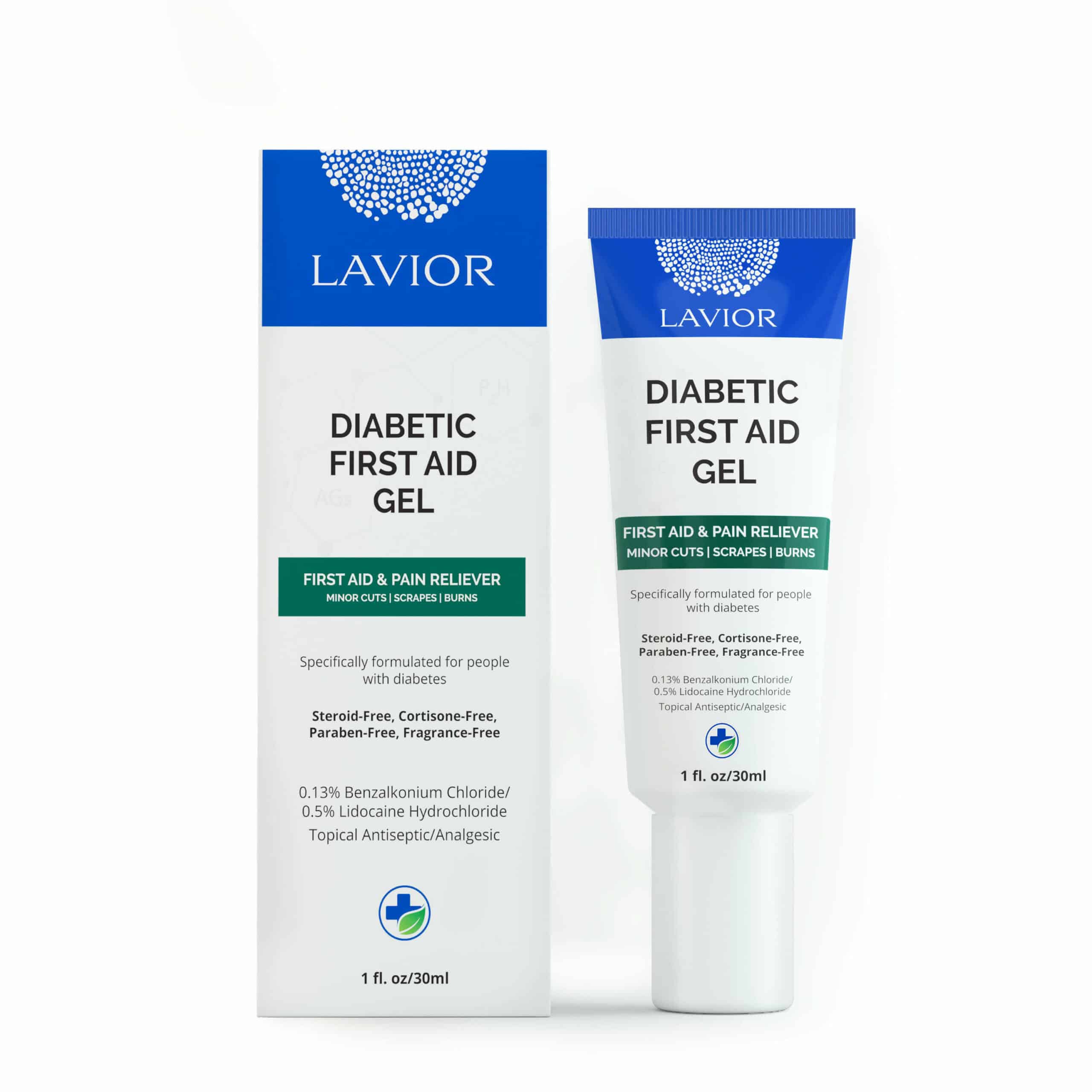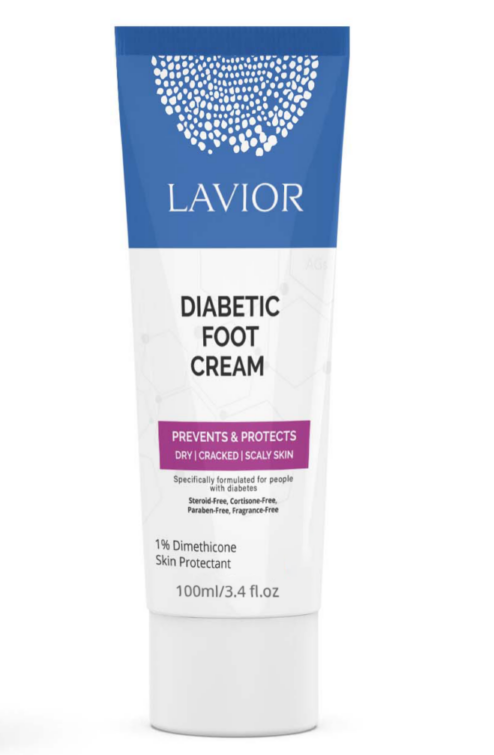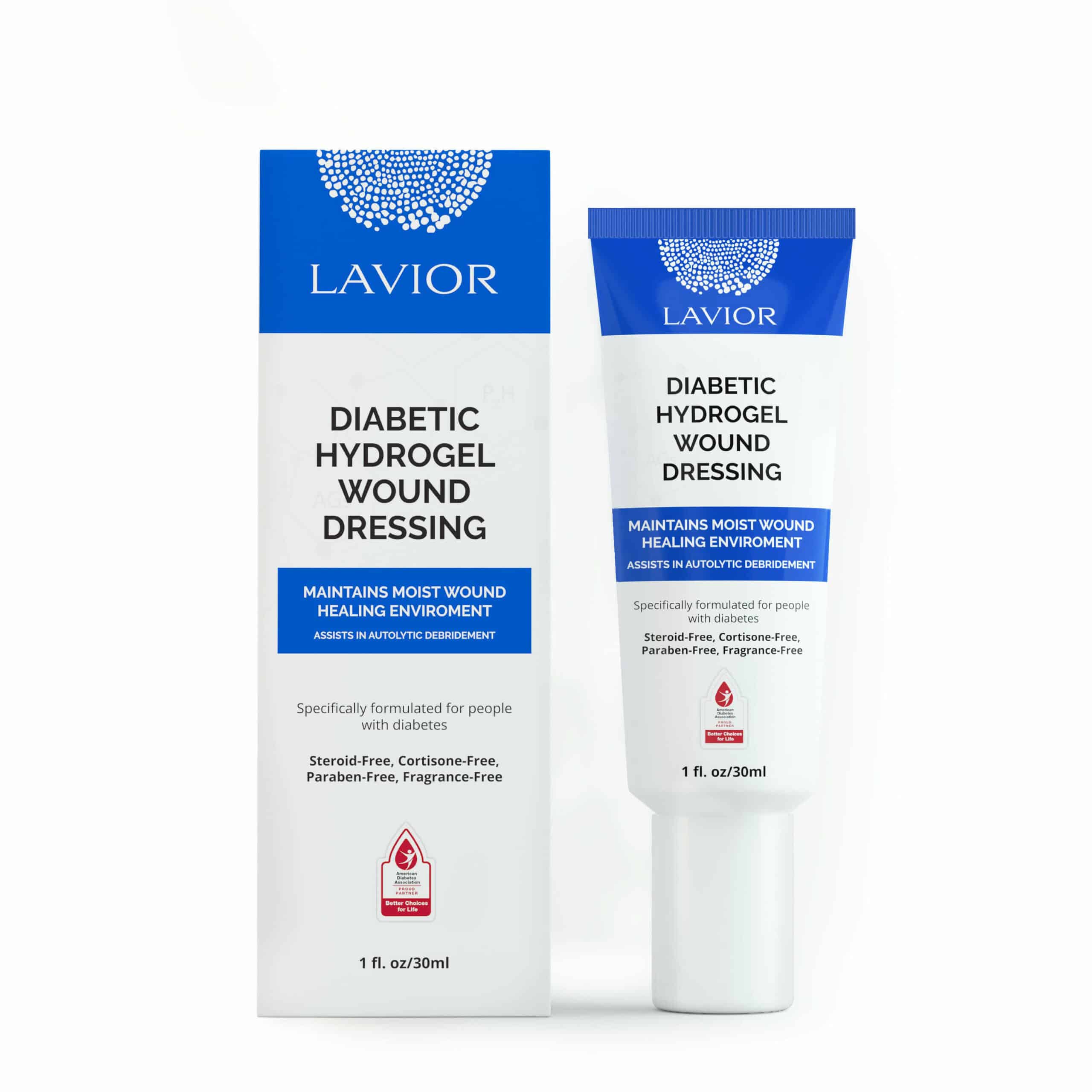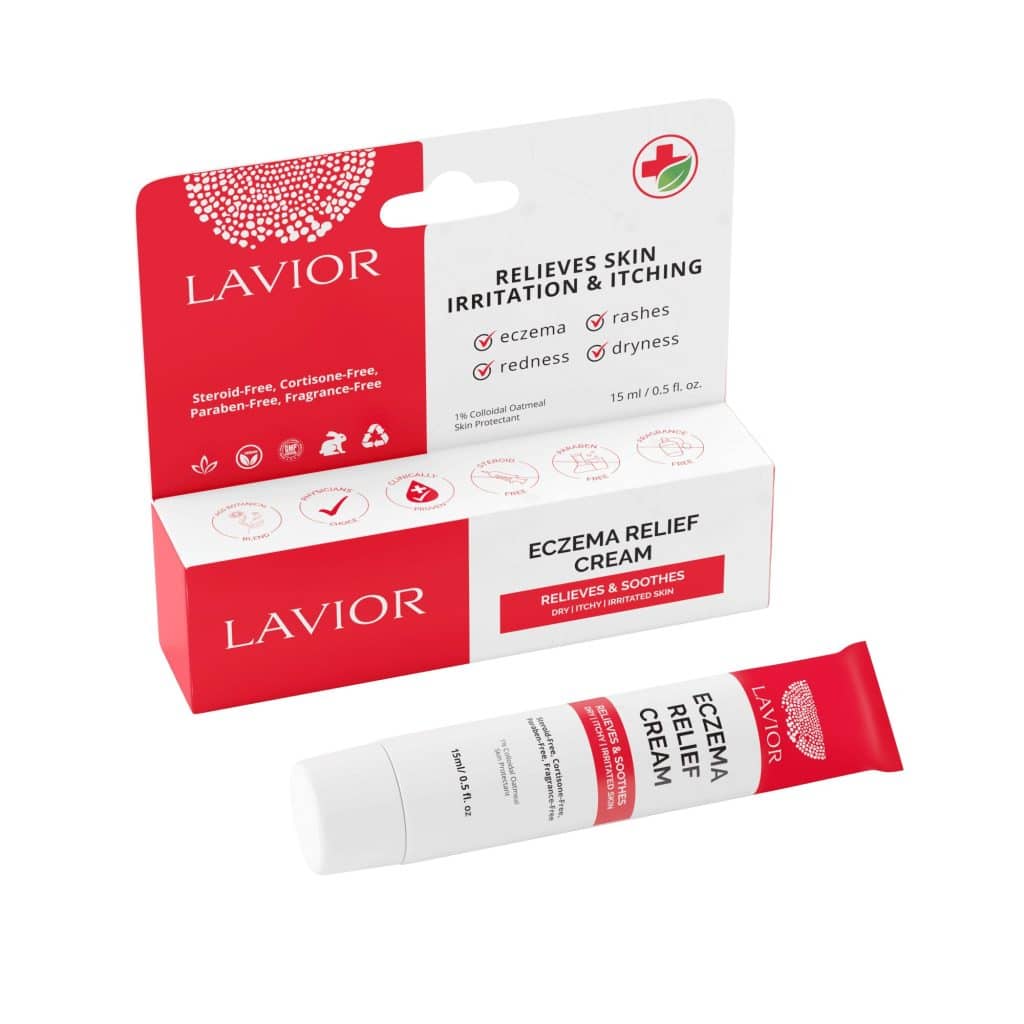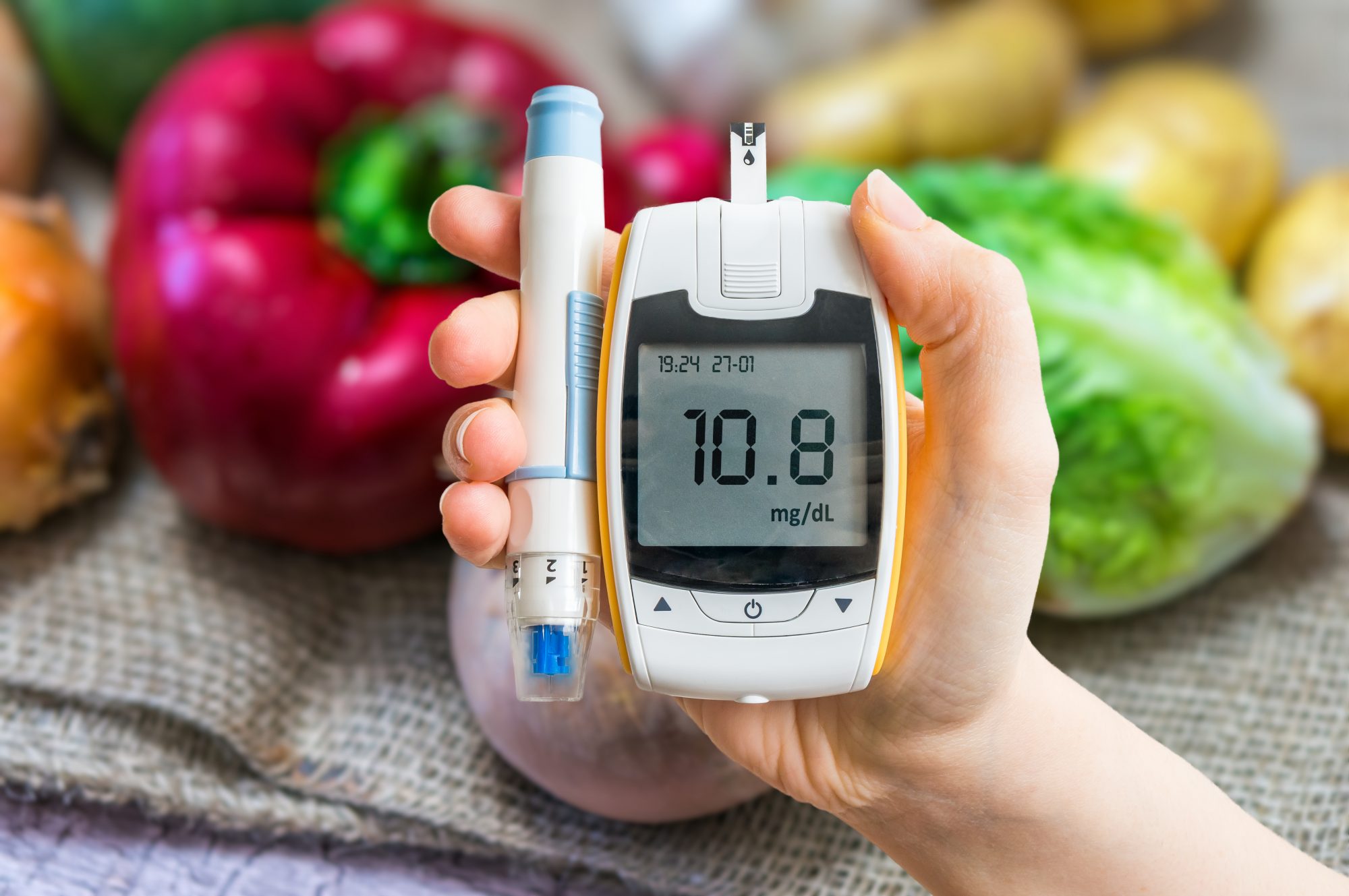Polyuria (increased urine output) and polydipsia (increased thirst) characterize diabetes; these are classic symptoms of diabetes. They often indicate how well or unwell diabetes is controlled. Polyuria, polydipsia along with severe dehydration are often the initial symptoms of diabetes. So the question arises why the body starts to lose more fluids in diabetes. And what are its implications?
In diabetes, as the blood glucose rises above the standard, acceptable levels, our body tries hard to bring it back to normal. One of the mechanisms involved in reducing blood sugars is their increased secretion via the kidneys. However, as the kidneys work harder to get rid of extra glucose in the blood, it also ends up losing more fluid.
Another reason for dehydration in diabetes is higher osmotic pressure in blood vessels because of higher glucose concentration, which results in dehydration of body cells. If blood glucose is too high in the blood, it literarily sucks the water from the body cells.
Dehydration in diabetes is a vicious circle, as the body loses more fluid it results in a further increase of glucose concentration, thus even further dehydrating the body cells. Moreover, dehydration increases the glucose concentration in the blood and thus stimulates more urea production, and worsens the dehydration. Dehydration also increases insulin resistance. Therefore there is a need to break this vicious cycle.
What are the symptoms of dehydration?
As the water content in the body goes down, the skin becomes dry, and so do the mouth and eyes. A person may feel increased thirst, headaches, tiredness, and dizziness. In severe cases, there may be a fall in blood pressure, sunken eyes, weak pulse, confusion, and lethargy.
Preventing dehydration in diabetes
Those living with diabetes are at increased risk of dehydration, which may also negatively impact blood glucose control, particularly true in summer. During summers, even mild physical exertion may cause dehydration.
So people with diabetes should drink more fluid and more often. There is no hard and fast rule regarding how much more fluid to consume, as it would depend on environmental temperature, the intensity of physical activity, and the severity of the disease, nonetheless, a person should make a habit of drinking fluid in small portions every half an hour.
Thus to keep hydrated, it is essential to consume more fluid or water, special drinks are better reserved for more severe conditions. Sugarless green tea could also be an excellent option, which can be consumed both as a hot drink and cold drink, according to personal preference and weather conditions.
In diabetes, one can drink sports or energy drinks in moderation and only if the diabetes is not severe. However, they are best avoided as these special drinks are high in added sugars.
One way to keep hydrated is to make a routine, like drinking a cup of green tea five times a day at a fixed time, such habits would help to stay hydrated and prevent any complications.
Alcohol is better avoided by those who have problems related to blood pressure and those who have difficulty in staying hydrated. Though alcohol in moderation is not contraindicated in diabetes, it has other undesired effects on electrolyte balance and hemodynamics.


